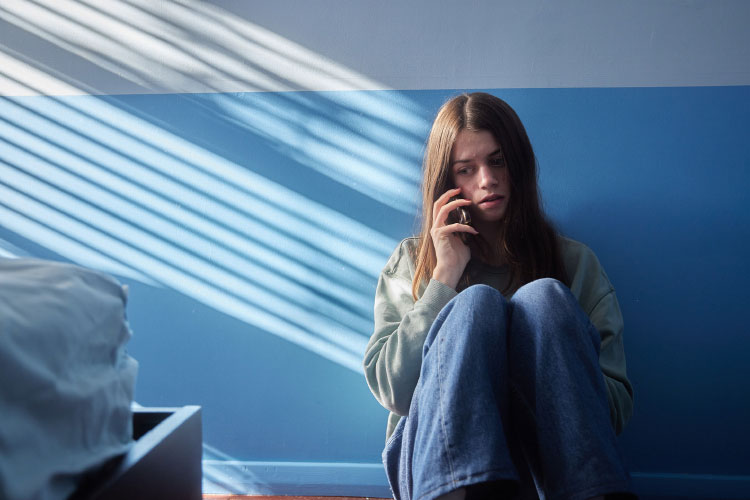
Ban Al Gailani, team leader at 0800 What’s Up supported by Barnados, explained how the hotline is supporting young people.
0800 What’s Up can be a useful early intervention tool, before issues get too big. We help young people build strategies early on, so they become skills for them to use throughout life.
We believe that children and young people are experts in their own life:
The impact of COVID-19 on health, education, and employment uncertainty, as well as the rising costs of living, housing affordability, Cyclone Gabrielle and other weather events, and other global factors at play means that the world our children and young people are growing up in is full of distressing and difficult challenges.
We know that young people don’t always have someone to talk to, so What’s Up is here when a young person wants to chat. Every school-aged child should know it’s always okay to reach out for help. The first step is always the hardest. Educators can support young people by providing a safe space for them to talk to a counsellor online or over the phone. They could support the young person while they reach out to one of our counsellors.
For more information, please contact: 0800 942 8787 or visit https://whatsup.co.nz
It’s no secret that New Zealand schools face increasing pressure to deliver high quality learning…
Schools across Aotearoa can now choose to partner with our Better Start Literacy Approach (BSLA)…
Auckland Zoo has launched New Zealand’s first zoo-based online conservation learning platform- an easily accessible…
A new initiative is hoping to improve student handwriting throughout Aotearoa New Zealand, and benefit…
A North Island high school has replaced bulky metal key sets for single electronic access…
Investing in covered outdoor spaces requires careful consideration of various factors to ensure their effectiveness,…
This website uses cookies.